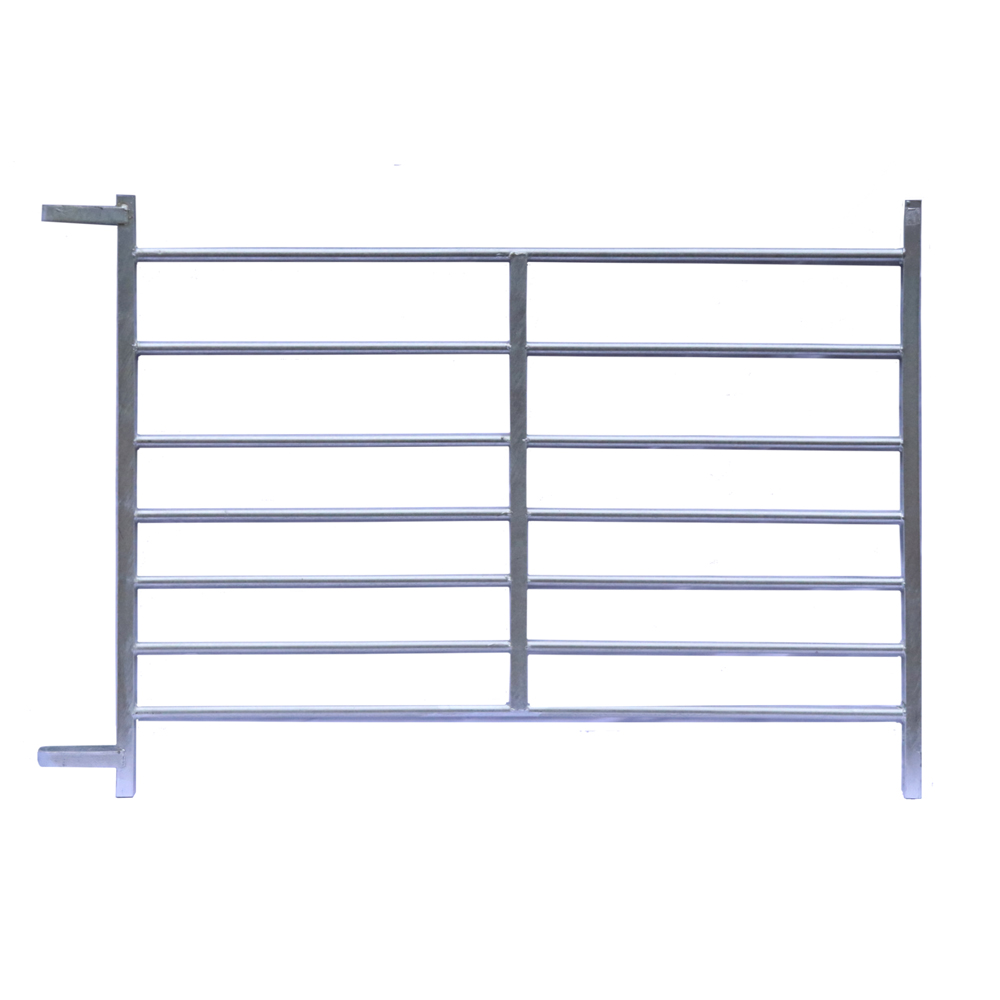High-Quality Stainless Steel Coil Nails for Durable Construction and DIY Projects
11 月 . 27, 2024 07:38
The Versatility and Advantages of Stainless Steel Coil Nails
Stainless steel coil nails have become increasingly popular in various construction and woodworking projects. Known for their durability, corrosion resistance, and versatility, these nails are a valuable asset for both professionals and DIY enthusiasts. In this article, we will explore the characteristics, benefits, and applications of stainless steel coil nails, emphasizing their importance in modern construction practices.
Characteristics of Stainless Steel Coil Nails
Stainless steel coil nails are specifically designed to work seamlessly with coil nailers, which are pneumatic tools that automatically feed nails into the gun. These nails are coiled together for efficient use, allowing for a faster and more streamlined nailing process. The stainless steel material gives these nails a superior resistance to rust and corrosion, making them ideal for use in environments where moisture is a concern, such as outdoor decks or coastal areas.
Typically, these nails are available in various sizes, gauges, and head styles, allowing for versatility depending on the specific requirements of a project. The most common types of stainless steel used for coil nails are 304 and 316 grades, with the latter offering enhanced corrosion resistance, particularly in saltwater environments.
Benefits of Using Stainless Steel Coil Nails
1. Corrosion Resistance One of the primary advantages of stainless steel coil nails is their ability to withstand harsh weather conditions. Unlike traditional steel nails, which can rust and weaken over time, stainless steel maintains its structural integrity, making it suitable for the most demanding applications.
2. Strength and Durability Stainless steel is known for its strength, ensuring that the coils can handle the rigors of various construction tasks. These nails provide a strong hold, making them suitable for heavy-duty applications such as roofing, siding, and framing.
stainless coil nails

3. Time Efficiency Using coil nails with a nail gun significantly speeds up the nailing process. The automatic feeding mechanism of coil nailers allows for rapid succession in nailing, which can drastically reduce labor time and increase productivity on a job site.
4. Reduced Risk of Splitting Because coil nails are often thinner than their traditional counterparts, they create smaller entry points in the material being fastened. This reduces the risk of splitting wood, which can be particularly important when working with softer woods or delicate materials.
5. Tensile Strength Stainless steel coil nails offer excellent tensile strength, ensuring a reliable hold under tension. This is crucial for projects that may experience movement or shifts over time, such as in framing structures or installing decking.
Applications of Stainless Steel Coil Nails
Stainless steel coil nails are suitable for a variety of applications
- Decking Their corrosion resistance makes them ideal for outdoor applications like decks, where exposure to moisture and weather can be a concern. - Siding and Roofing The strength and durability of these nails make them perfect for siding and roofing materials that face environmental elements. - Fencing Stainless steel coil nails are also used in fencing projects, particularly in coastal areas where traditional nails may rust quickly. - Woodworking In finer carpentry work, stainless steel coil nails can be used to join pieces together without compromising the visual appeal of the finished product.
Conclusion
Stainless steel coil nails have revolutionized the way construction and woodworking projects are undertaken. Their unique properties, including superior corrosion resistance, strength, and efficiency in use, make them an essential choice for a wide range of applications. Whether you are a professional contractor or a DIY enthusiast, investing in stainless steel coil nails can significantly enhance the quality and longevity of your work. With their growing popularity, it is clear that these nails are more than just a fastener; they are a crucial component of modern construction practices.




















